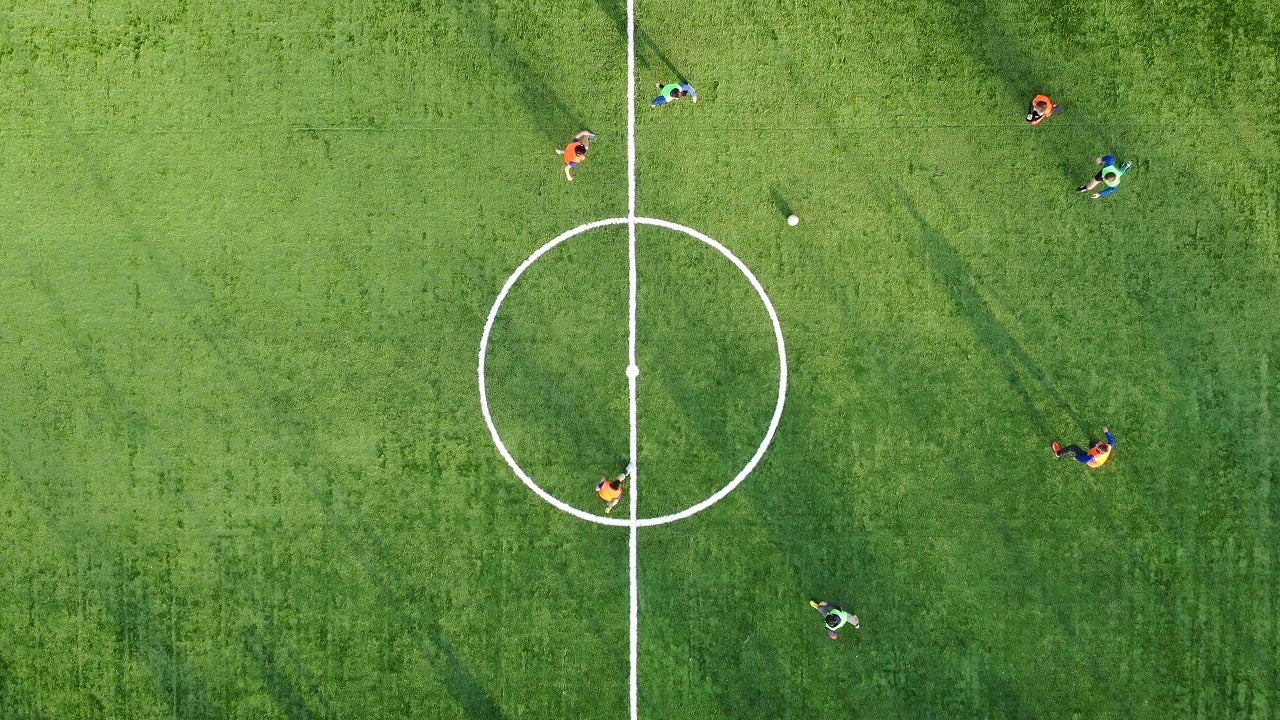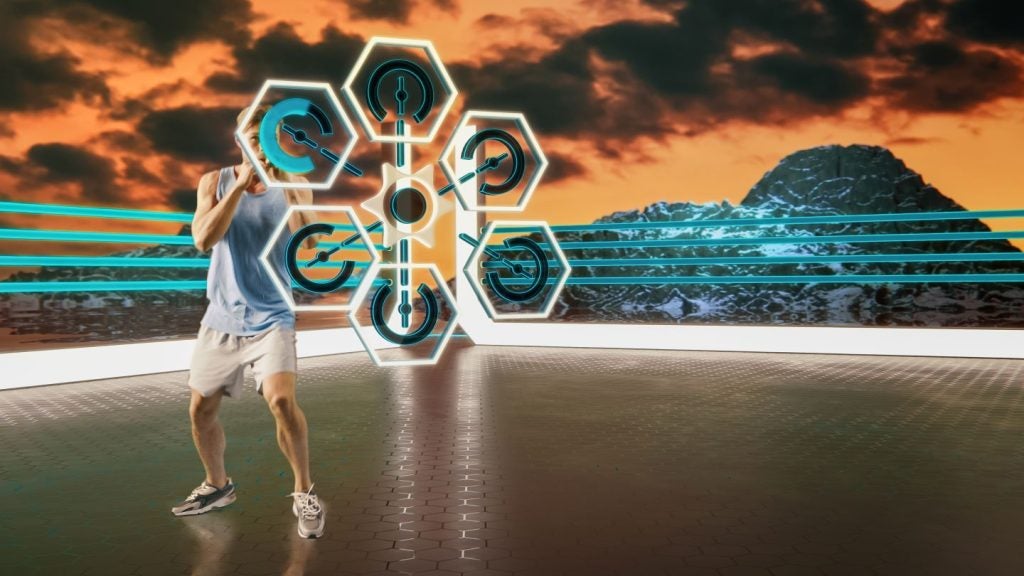
FIFA announced that it will be trailing “semi-automated offsides” using limb-tracking technology at the FIFA Arab Cup 2021. The technology is also being considered for use in the 2022 World Cup.
Over the last decade, the sports industry has embraced the opportunities offered by technology, particularly in assisting the decision-making process of referees. The FIFA President pledged to harness technology in football in ‘The Vision 2020-2023’ to improve the football experience globally. “Technology is very important and useful in both the pre-match preparation and the decision-making process during matches”, said FIFA Chief Refereeing Officer Pierluigi Collina. The latest development will help officials make faster and more accurate decisions.
AI helps resolve challenges in the decision-making process
The technology system, developed by Hawk-Eye, will be installed across six stadiums in Qatar. The camera-based technology uses an artificial intelligence system to officiate offside calls within seconds. The system consists of 12 cameras fitted under the roof of stadiums to track the players’ movement, monitoring 29 points on the body of each player. The data is then processed by the software and upon detecting a potential offside position, a message is sent to the video assistant referee (VAR). The technology reduces the time spent looking at offside calls.
Some teams in Europe, including Manchester City, Bayern Munich, and Sevilla, have already conducted non-live trials of the semi-automated offside system in their stadiums over the past year.
Is technology killing the thrill of sports?
A primary concern about AI being used to settle arbitration matters during a game is that it slows down the action. Most sports are fast-paced, with fans wanting to immerse themselves in the action and instantly react to what is taking place during a game. However, the VAR system, which has become an important part of professional football, is believed by many to undermine this aspect of sports in favour of fairness. A YouGov survey found that 67% of fans think video assistant referees (VARs) make watching football less enjoyable. The thrill of watching sports often comes from the excitement of not knowing which way a decision will go, and many fans believe the technology is not accurate enough.
Technology has been assisting officials’ decision-making processes by varying degrees, depending on the sport and its jurisdiction. Goal-line technology and VARs have so far been integrated widely in football. While VARs have been used in an attempt to minimize errors, the technology risks alienating fans who believe it breaks up the flow of the game and that the decisions are not communicated effectively.
How well do you really know your competitors?
Access the most comprehensive Company Profiles on the market, powered by GlobalData. Save hours of research. Gain competitive edge.

Thank you!
Your download email will arrive shortly
Not ready to buy yet? Download a free sample
We are confident about the unique quality of our Company Profiles. However, we want you to make the most beneficial decision for your business, so we offer a free sample that you can download by submitting the below form
By GlobalDataNonetheless, in a tournament where one decision could determine who wins or loses, accurate and time-critical decision making is needed. Where there is doubt or human error, technology is valuable in aiding dispute resolution and determining the correct result. ‘Semi-automated’ offsides are a reasonable compromise for obtaining the correct result and maintaining the fan experience as VARs can accurately validate and confirm the proposed offside.









Related Company Profiles
YouGov Plc